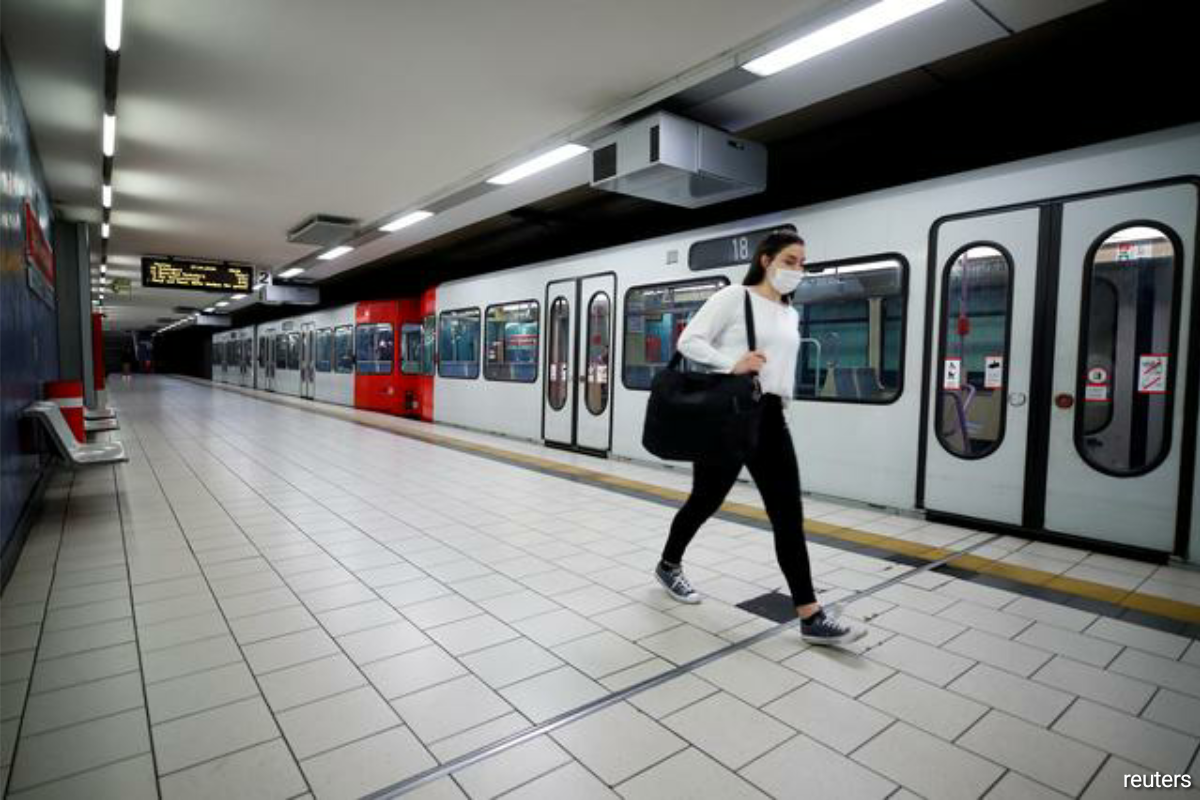1754
0
Bus and train travel will often become more expensive in Germany
The corona crisis is leaving deep marks on local public transport. The costs for the transport companies are increasing. At the same time, they have to lure the passengers back. Some therefore rely on stable prices in the new year. For many companies, however, the cost of tickets increases significantly.

Yazar: Tom Roberts
Yayınlanma: 30 Aralık 2020 16:54
Güncellenme: 3 Mart 2026 06:23
Bus and train travel will often become more expensive in Germany
In the coming year, many people in Germany will have to dig deeper into their pockets for bus and train travel. Depending on the region, tariff increases of up to 2.7 percent have been announced, according to an evaluation by the German Press Agency. The companies have lost passengers and income in the Corona crisis, while costs for personnel and energy are rising. However, there are numerous regions where tickets are not becoming more expensive - so that passengers can return more quickly. And there are new offers for employees who no longer have to go to the office every day. The trend towards home office is noticeable: a 10-day ticket is being introduced in and around Stuttgart. Those who work sometimes at home and sometimes in the office can gradually use their tickets and no longer need a monthly ticket. From April onwards, customers can download ten discounted day tickets on their mobile phones. This is intended as a preliminary stage to the "Flex subscription", which will take longer to introduce. Many companies and transport associations are considering this; Deutsche Bahn has also introduced a 10-day ticket for local transport. Because the industry assumes that Corona will also change mobility behavior for the time after the pandemic. This year the number of passengers had plummeted at times. The Association of German Transport Companies assumes that there was an average of only 40 percent of the usual demand - an abrupt end after more than two decades of steady growth. "The corona pandemic has left deep marks on local public transport," says association president Ingo Wortmann. The federal and state governments have set up a rescue package of up to five billion euros over the companies. Because costs for wages, fuel and traction current continue to fall - and in some cases rise significantly. A number of large transport associations want to offset this with tariff increases. Customers in the Stuttgart area feel this, for example, where prices rose by 2.7 percent in April. In and around Munich it was 2.8 percent more expensive in mid-December, but it is the first increase in three years.İLGİLİ HABERLER





European stocks soared and focus shifted to German retail sales after Powell's speech!

Forex Signal For TRY/USD: Inflation Slowdown in November.

Forex Signal For GBP/USD: Bullish Trend Still Not Breaking While Recovery Continues.

Forex Signal For EUR/USD: Starry US Data Points to Higher Fed Increases.

Forex Signal For BTC/USD: Downside Continues as Bitcoin Recovery Moves Less.
En Popüler Haberler
Yorum Yap
Yorumlar
Henüz yorum yapan yok! İlk yorumu siz yapın...